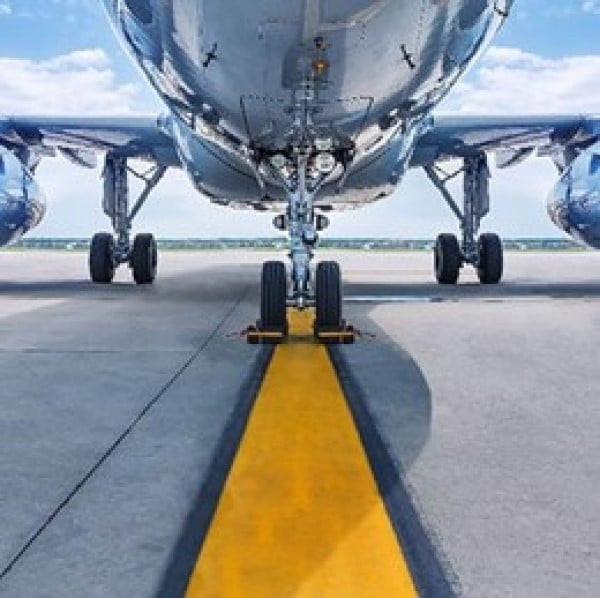Aerovías DAP | Capabilities and Innovation
Niche transporter maneuvers through extreme environments
The notoriously treacherous conditions through the Drake Passage between Chile and Antarctica make the area one of the most dangerous transportation routes on the planet. Aerovías DAP, a Chilean carrier that specializes in adventure, air rescue, cargo, and charter trips, has spent four decades specializing in air and sea travel adapted to rugged destinations. The founders’ early instincts to offer plane connections throughout the region helped cement its status as “The airline of Patagonia.” Its innovation in commercial and leisure travel have made the company a leading logistics provider between South Chile and Antarctica.
The DAP group, Chile’s oldest private airline, got its start in 1980. The late entrepreneur Domingo Andrés Pivcevic, from whom the company gets its initials, recognized the need for better air connections between the isolated towns and cities along the southern tip of Chile and the rest of the country. Pivcevic’s sons, the late Andrés Pivcevic Rajcevic, and Alex Pivcevic Rajcevic, the company’s current CEO, helped expand the business, which now extends to a third generation. From its home base in Punta Arenas–where the company has concentrated and maintained its senior management staff–DAP began scheduled flights across the area to outposts like Porvenir and Puerto Williams, among the country’s southernmost towns.
A fleet comprised of a single aircraft eventually grew into 15 airplanes and 15 helicopters, as well as a cargo ship and barges. Vessels including its “Betanzos” ship, with a reinforced hull for ice, and its BAe/RJ, four-engine planes designed for landings on short runways, as well as its fleet of helicopters, have allowed the company to offer highly specialized services, such as helicopter flights to offshore oil rigs, Antarctic logistics, and high altitude operations.

“We've learned to transform challenges into opportunities creating a legacy of innovation and resilience.”
“We operate in isolated areas with many logistical difficulties, as well as adverse weather, which make our clients highly appreciate our capabilities,” says Andrea Pivcevic, the company’s legal director and member of the third generation of the Pivcevic family. “When you need to transport passengers or cargo, or handle logistics by air or sea in hard to reach locations, we do what others won’t.”
The company launched leisure trips to Antarctica in 1989, taking advantage of its growing experience on the continent. Some of its multi-day itineraries include a guided tour of King George Island, home to penguin colonies and leopard seals as well as scientific bases. Guests visit the site of the area’s first human settlement as well as an international research station, and get an “ice camp” experience in tents specially designed for extreme cold.
Though its aircraft and marine vessels are built for niche transport in demanding conditions and require highly detailed logistics management, the company focuses on extracting maximum value from those assets. By taking advantage of off-season lulls to alternate between adventure trips and cargo transport, the company limits the chances for its investments to sit idle. One example: The company managed logistics for a Turkish scientific team doing research at an Antarctic station. A DAP crew flew the scientists between sites by helicopter and used the company’s specialized light sea vessels equipped for trips between islands.
True to its core values, the company is continually innovating and opening new markets while solving critical problems to its clients.
In 2004, DAP extended its capabilities to emergency services with the launch of a subsidiary offering air medical rescue services. The company operates both helicopter and airplane rescues throughout South Chile and to King George Island. As part of workplace partnerships with companies throughout the area, DAP provides coverage to a vast number of workers in the event of an accident in a remote location that requires rapid medical attention.
"We are proud of our family, our team and our company" says CEO Alex Pivcevic Rajcevic. "We've learned to transform challenges into opportunities creating a legacy of innovation and resilience."
